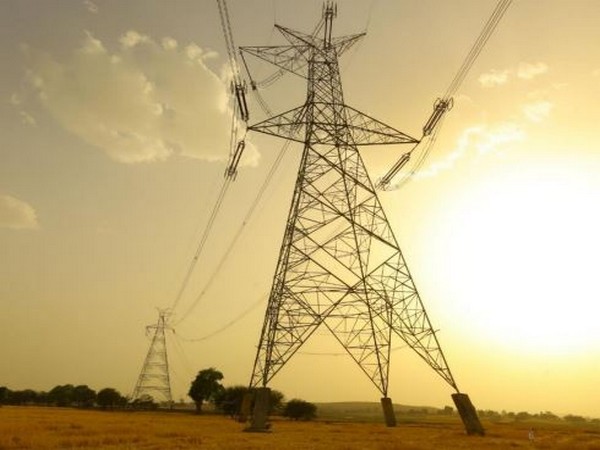Power cuts in Sri Lanka won't end without tariff hikes: Minister
Power cuts in Sri Lanka would have to be continued in 2023 unless the state power entity Ceylon Electricity Board CEB raised the electricity tariff, Power and Energy Minister Kanchana Wijesekara said on Monday even as trade unions in the sector vowed to oppose any further rate hikes.Wijesekara said, for an uninterrupted power supply for 2023, CEB estimates one unit of electricity costs Rs 56.90.

- Country:
- Sri Lanka
Power cuts in Sri Lanka would have to be continued in 2023 unless the state power entity Ceylon Electricity Board (CEB) raised the electricity tariff, Power and Energy Minister Kanchana Wijesekara said on Monday even as trade unions in the sector vowed to oppose any further rate hikes.
Wijesekara said, “for an uninterrupted power supply for 2023, CEB estimates one unit of electricity costs Rs 56.90. The current average tariff is Rs 29.14 and the deficit is estimated to be Rs 423.5 billion”.
In August the tariff was raised by 75 per cent as the government said subsidies for electricity rates were no longer affordable given the economic crisis the country is going through.
The power sector trade unions on Monday vowed to oppose any further rate hikes as the people have been made to undergo an already unbearable rate hike since August.
“Trade unions won’t allow another rate hike, the people find it extremely difficult to face the cost of living,'' Ranjan Jayalal, a CEB trade unionist said.
Unions charged that the government was planning to privatise the CEB as a loss-making entity. They claimed after the rate hike in August the CEB had made profits.
The island currently experiences two-hour power cuts, down from 10 hours in May-June. The lessened hours are due to the raising of hydropower generating capacity. The forex crisis caused extended power cuts as the government was not able to pay for fuel and coal imports. An Indian credit line for fuel imports worth USD 700 million helped Sri Lanka at the peak of the power crisis.
(This story has not been edited by Devdiscourse staff and is auto-generated from a syndicated feed.)
- READ MORE ON:
- Indian
- Kanchana Wijesekara
- Energy
- Ceylon Electricity Board
- forex
- Sri Lanka
ALSO READ
Ukrainian drones target energy infrastructure in Russia's Smolensk region, governor says
First look of Nikkhil Advani's Indian Independence saga 'Freedom at Midnight' out now
Avaada Energy Secures Massive Rs 1,190 Crore Loan from SBI to Fuel Solar Project
Kolkata Knight Riders eye redemption against struggling Mumbai Indians
Indian-origin Singapore Ministers Attend Court Hearing Over Bungalow Rental










